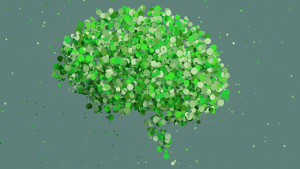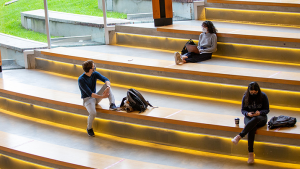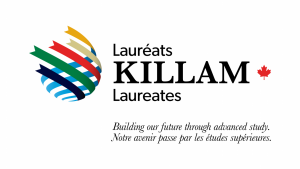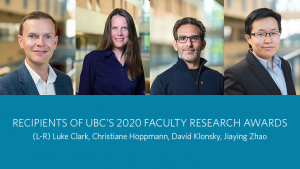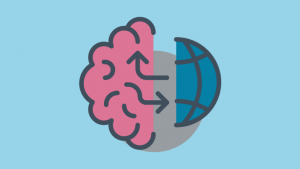Dr. Jiaying Zhao and Yu Luo address cognitive biases of climate change in their new research
UBC cognitive scientists have created a framework to address cognitive biases of climate change with the goal of depolarizing climate beliefs and promoting actions to mitigate climate change.
New research finds COVID-19 mask wearing is associated with its attractiveness
Dr. Veronica Dudarev discusses this research and the role cognitive science can play in promoting mask wearing behaviours during a pandemic.
Do you hate seeing people fidget? New UBC research says you’re not alone
Do you get anxious, annoyed or frustrated when you see someone fidgeting? If so, you may suffer from misokinesia–or the “hatred of movements.”
Exploring Emotional Memories: Remembering “What,” “When,” and “Which”
Dr. Daniela Palombo and her research team in the Memory and Imagination Lab at UBC explored if emotion would impair memory.
More to pictures than meets the eye: New study by Alan Kingstone
When an image of a person appears within a photo, that individual is perceived as being less real and having “less mind”
New study finds financial motives are integral to problem gambling behaviour
Meta-analysis by Dr. Luke Clark found financial motives are associated with increased gambling frequency and gambling problem levels.
Psychology PhD students receive 2021 UBC Killam Doctoral Scholarships
Congratulations to Oliver Jacobs and Jin-Hui Wen on their Killam Doctoral Scholarships.
UBC Psychology faculty receive SSHRC funding to advance their research
The SSHRC investment will fund research on the building of collaborative networks in infant behavioural research, understanding the intrapersonal expression of perfection, and how people cope.
Psychology researchers honoured with UBC Faculty Research Awards
Congratulations to our faculty members who are recipients of UBC’s 2020 Faculty Research Awards.
New position paper outlines the importance of using psychology to combat climate change
Dr. Jiaying Zhao and team of scientists are calling on policy makers to help Canadians make eco-friendly decisions.
